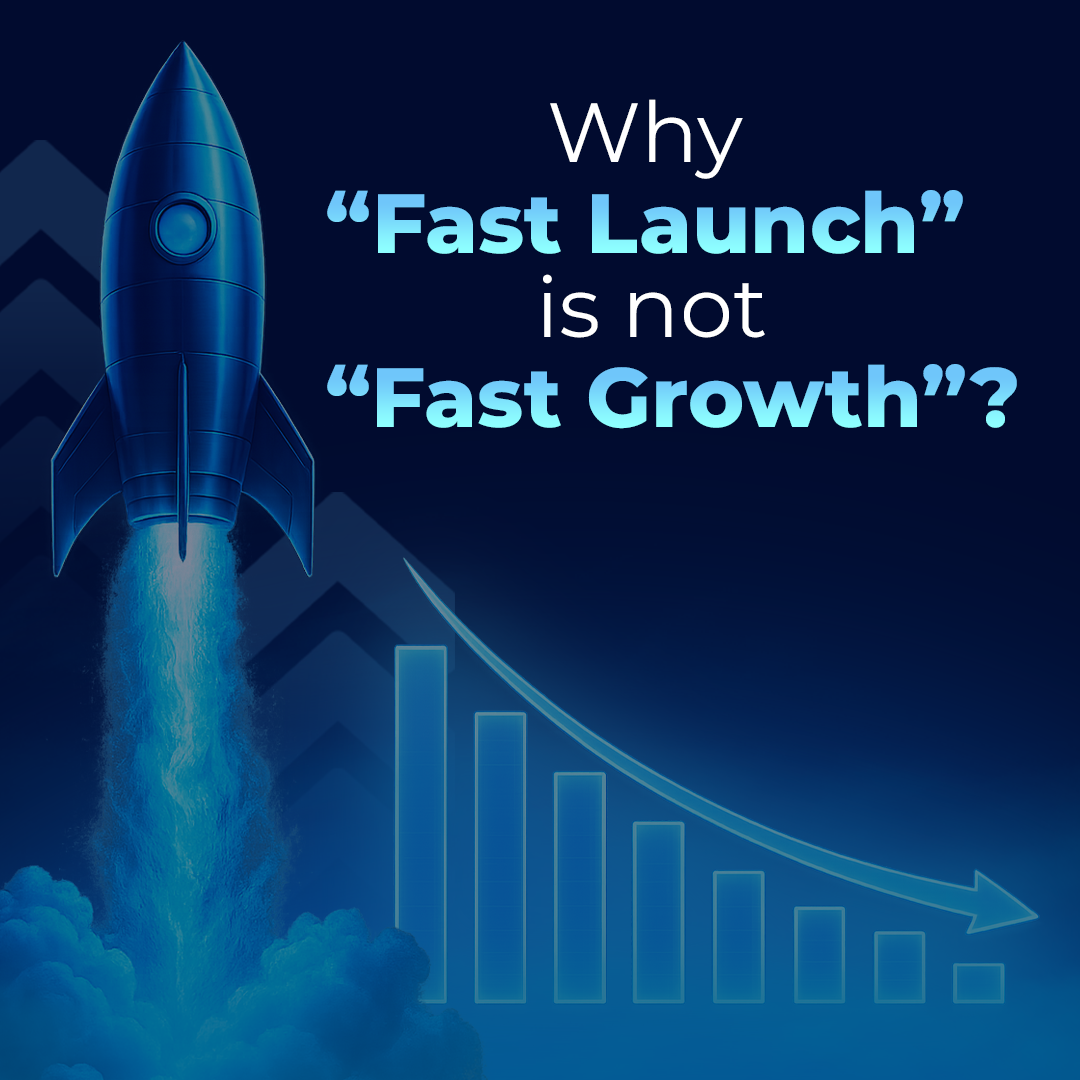July 2025 brought a mix of breakthroughs and hard lessons for the tech world. From the rise of gray work to the tricky balance of AI productivity, software development is moving faster and getting more complex. And while innovation is everywhere, incidents like the 62,000-password breach remind us that speed without caution can cost trust and security.
The silent productivity killer in software teams was found
According to the Quickbase Gray Work Index, over 59% of more than 2,000 surveyed professionals now spend 11+ hours each week just hunting for information across various tools. And yes, the key hero here is AI-powered coding assistants. It’s quite paradoxal since on the one hand, such supporters do streamline workflows by helping with the code. But at the same time, the developer needs investing extra effort to validate machine-generated results and troubleshooting system integrations. Tight deadlines add more gasoline to the fire, resulting in even more inefficiencies. SD Times suggests implementing more structured processes, such as agile methodologies, to decrease the chances of gray work reappearance. With this, they will be able to:
- Focus on what matters, streamlining teams to work on high-value tasks while easing mental strain on developers
- Scale without waste, which is ideal for startups and growing businesses to avoid operational bloat
- Cut hidden inefficiencies so creativity isn’t slowed by admin work
Talent density is the new competitive edge for engineering teams?
Recently, Herschmann said that to stay ahead, companies need to rethink their hiring approach. It is crucial to focus on assembling teams made up of highly skilled, adaptable professionals rather than relying on conventional recruitment methods. This is what experts call “talent density”, the idea that fewer but exceptionally capable people can outperform larger, less focused teams. With the right corporate environment and tools, teams built on strong talent density can work with greater speed, tackle challenges more effectively, and deliver exceptional value to customers. In today’s competitive market, success comes not from hiring more people, but from hiring the right ones and helping them grow.
When AI speeds up coding but slows down teams
It’s no secret that generative AI has transformed software development. But SD Times’ recent article mentioned a new phenomenon – “AI productivity paradox”. In short, it’s about losing the balance between efficiency and skill maintenance. AI acts as an assistant, generating initial code or suggestions regardless of context. But the developer risks becoming overly dependent on these automated outputs. Over time, this reliance can weaken critical problem-solving skills, creating a noticeable gap in expertise across the workforce. While such a barrier has the least impact on admin tasks, projects encompassing more team members can be profoundly affected. This happens because the original timelines outlined in Gantt charts often shift, sometimes extending by weeks, due to errors introduced by AI. As a mitigation plan, it is advised to:
- Build a balanced approach where AI complements human expertise, so that core developer abilities like creativity and ethical judgment remain strong
- Allocate resources to ongoing education and teamwork platforms designed to smoothly incorporate AI
62,000 passwords exposed: A security wake-up call
A recent report by Ars Technica, dated July 3, 2025, highlights a serious security lapse that exposes weaknesses in modern software development. Because of a configuration error, a company behind a stealth surveillance application, which was originally designed for parental monitoring, accidentally leaked the passwords of its users. More than 62,000 users, actually. This accident raises questions about the software that manages confidential user data, as those must be built on a foundation of strict encryption protocols and comprehensive quality checks. With software embedded in nearly every aspect of modern life, even minor security oversights can snowball into major issues, from losing customer confidence to facing legal repercussions.
X puts AI at the frontline of fact-checking
X (formerly Twitter) is taking a bold step in the fight against misinformation with the launch of its AI Note Writer API. The new tool allows developers to create AI bots that draft Community Notes. And we are talking about those small fact-checking blurbs that pop up under misleading posts.
However, AI won’t have the final say. Every AI-generated note must be reviewed and approved by real users before it goes live, ensuring that human judgment remains at the core of the process. This hybrid approach is X’s attempt to scale fact-checking without turning it into a soulless, automated process. For those active on X, this shift means closer scrutiny and faster detection of misleading content. In this new environment, accuracy and transparent communication are more crucial than ever.
Final thoughts
As July 2025 showed, the future of software development is a balancing act between speed, skills, and security. Innovations including AI and new frameworks offer incredible potential, but only when paired with thoughful strategies, strong teams, and a commitment to doing things right.




